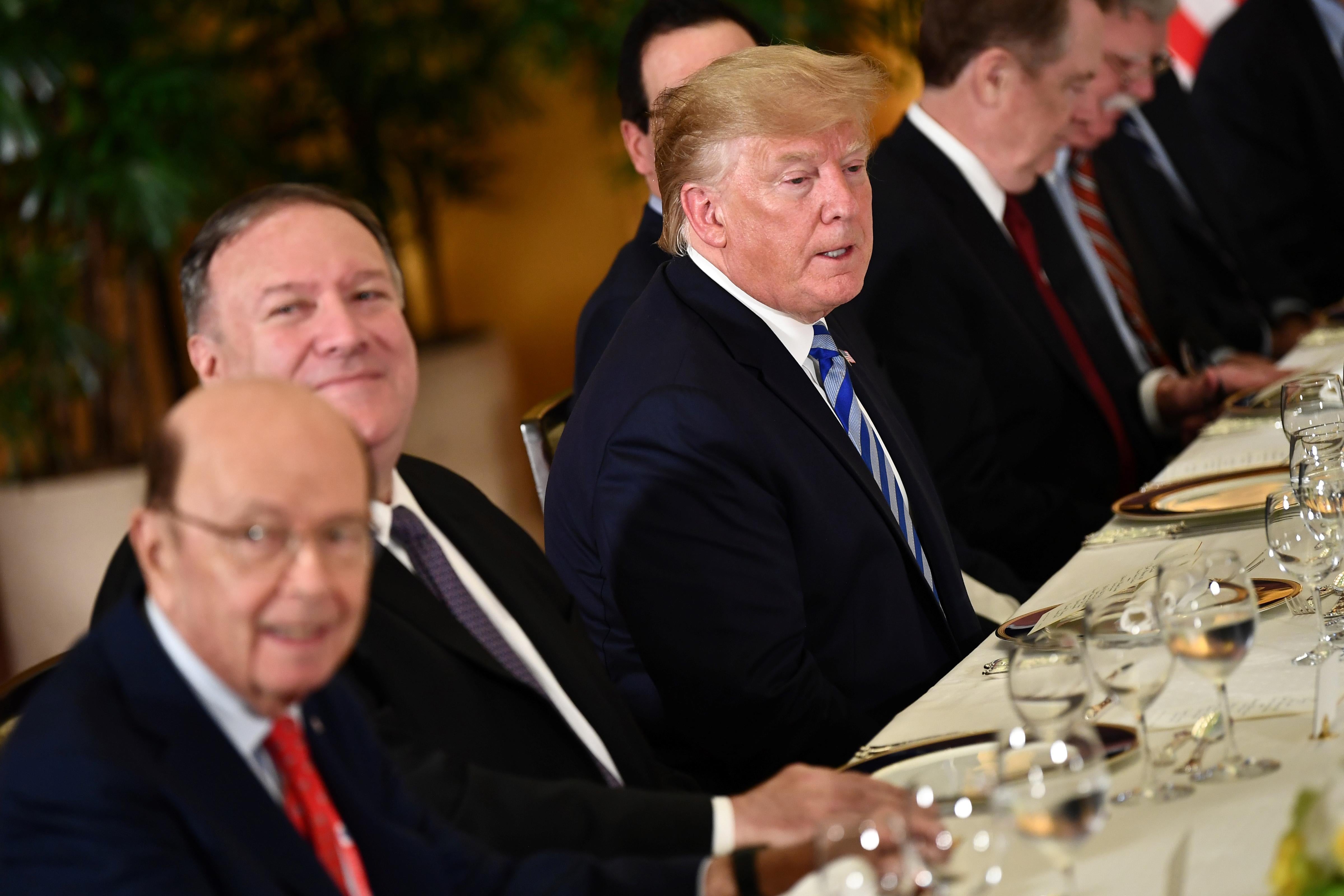Despite a favorable ruling for opponents of the census citizenship question on Thursday, the Supreme Court did not definitively decide to exclude the citizenship question from the 2020 census. Indeed, I expect that the Trump administration’s Commerce Department and Department of Justice could well be back before the Supreme Court’s next term begins in October arguing for the question’s inclusion, and they could well win and include the question.
Chief Justice John Roberts wrote Thursday’s decision in Department of Commerce v. New York in a way that put him in the driver’s seat. Joined by the conservatives on the court, Roberts agreed that Commerce Secretary Wilbur Ross had broad discretion under the Constitution’s enumeration clause (which requires the counting of all people in the United States every 10 years), various acts of Congress regulating the census, and the Administrative Procedure Act to include a census question. The conservative justices, who otherwise question broad agency power (including in Wednesday’s decision in Kisor v. Wilkie) saw Ross as having essentially unfettered discretion. There are five votes for this position on the Supreme Court.
In the other part of Roberts’ opinion, joined by the court’s four liberals, Roberts agreed that the actual reason offered by Ross for including the census question was a pretext. Ross pushed for the question and then had his agency maneuver against Department of Justice resistance to get the department to falsely say that they need this information to help prosecute Voting Rights Act claims to help Hispanic voters. (The Trump DOJ has pursued zero cases like this, or any cases enforcing Section 2 of the Voting Rights Act.) Given this pretext, Roberts agreed the appropriate remedy was to “remand” the case back to the agency for further proceedings.
What will the agency do now? Ordinarily, including a question like the citizenship one on the census is a momentous one that requires years of analysis and research. (The research from the Census Bureau itself shows that the question will depress response rates, especially from Hispanic voters). But Ross, egged on by Republican apparatchiks like Kris Kobach and Steve Bannon, has been relentless about including the question. And we know why thanks to some newly discovered documents: The question will not only depress Hispanic response rates; it can be used by states to redraw districts to depress Hispanic voting power and boost that of white Republicans.
The majority opinion and the separate conservative opinions, however, have given the agency plenty of non-pretextual things to say about why it would want to include the citizenship question. Administrative law professor Jennifer Nou even ponders that they could argue they were doing it for partisan reasons, following the decision in Thursday’s partisan gerrymandering case giving such conduct the green light.
But whatever the reason, the agency will likely act quickly to rehabilitate its pretexual ruling. The agency has said that printing had to begin in July, but plaintiffs challenging inclusion of the question have long claimed the real deadline is October. The government will surely concede now that October is doable. The agency could come back with new reasons, and the part of Roberts’ opinion joined by the conservatives which recognizes the broad agency discretion to include the question for non-pretextual reasons will be front and center.
If the agency moves to include the question again, the case will be back before the Supreme Court. It would likely be joined by the other case coming out of the Fourth Circuit arguing that the inclusion of the question violated the equal protection clause because it was based on a racially discriminatory purpose. The court did not address the equal protection holding Thursday, despite the outrageous urging of the solicitor general for the court do to so without briefing. Assuming the Commerce Department moves forward with trying to include the question on the 2020 census, the Fourth Circuit could well keep this case alive to create a record of the racial motivations for inclusion of the original question.
On this question, I expect that any new agency decision to include the citizenship question would be found by the court’s conservatives to have cleansed the decision of any racial animus. (The court made just such a finding last year in a Voting Rights Act redistricting case from Texas, Abbott v. Perez.)
So we may see a rare September argument where these issues will be back before the Supreme Court, and John Roberts, who gave the Republicans a green light to gerrymander to their hearts content in Thursday’s Rucho case, may give them yet another tool to solidify their grasp on power despite demographic forces moving against them.
Update, June 27, 2:07 p.m.: President Donald Trump tweeted on Thursday shortly after the ruling that he is instructing his Department of Justice to continue to fight the case before the Supreme Court to get a “final and decisive decision.”
